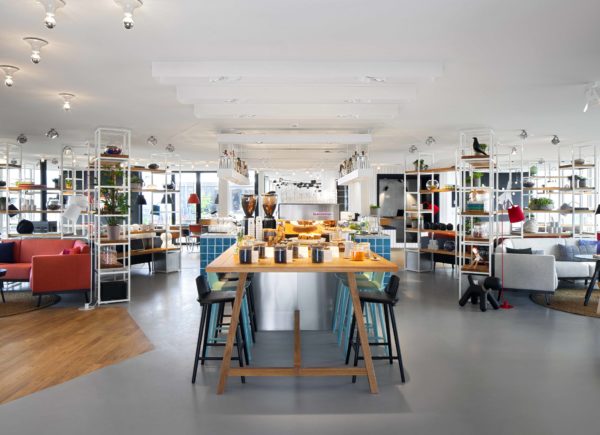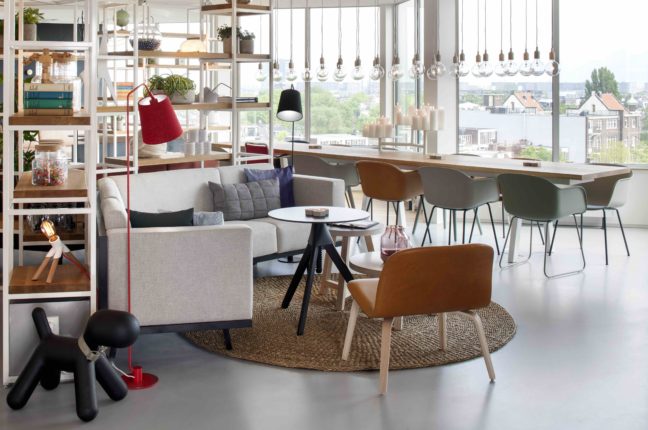Out Of Office
A new group of entrepreneurial 19-35-year-olds are blurring the boundaries between work and play.
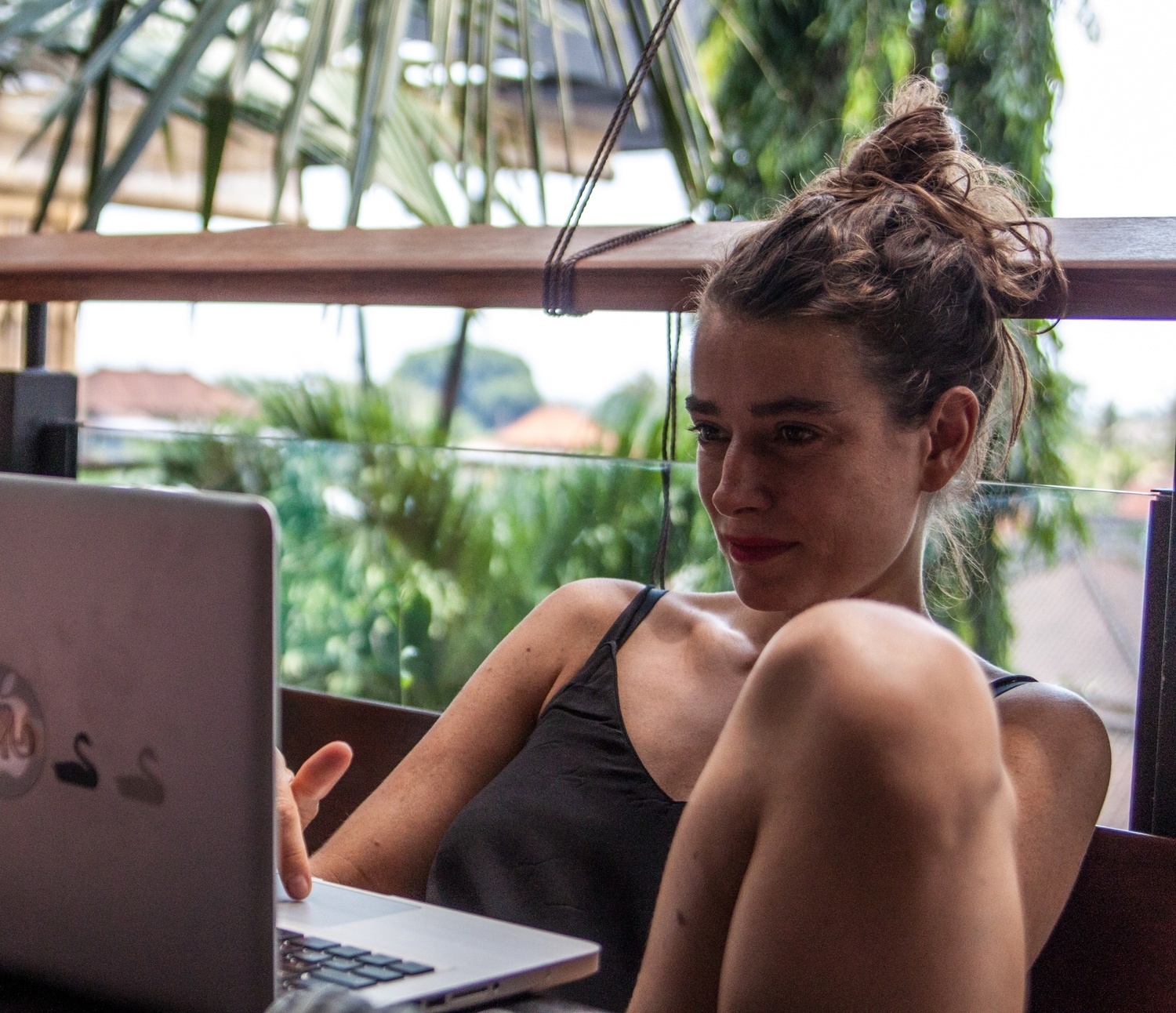
A new group of entrepreneurial 19-35-year-olds are blurring the boundaries between work and play. They’re swapping the office for the poolside and flat whites for fresh juices. Partly it’s thanks to turbo-charged broadband connections as well as digital tools like Slack and Skype, which have made it easier to keep in sync around the globe, live out escapist fantasies and soothe the nerves of clients. But, it’s also due to demands for a healthy lifestyle.
Our Slow Survey findings show 91% of millennials consider their mental health more important than their income, and 52% freely admit they think living in a city is too fast paced. In short, working 9-5 in an office is no longer aspirational: a fact which has helped fuel the rise of a new culture of co-working holidays that provide a space not just to work and play, but also to exchange ideas and collaborate.
“This group are always connected, they are independent and they want to see the world,” explains Liz Elam, founder of Link Coworking in Austin, Texas, and executive producer of the Global Coworking Unconference Conference. “Why not combine all three?”
Now there are a host of new startups that cater to this travelling professional. Think hotel rooms that double as conference spaces, surf holidays that are also networking events, and platforms that ensure your start-up-launch- cum-beach-trip is only a click away.
Surf Office
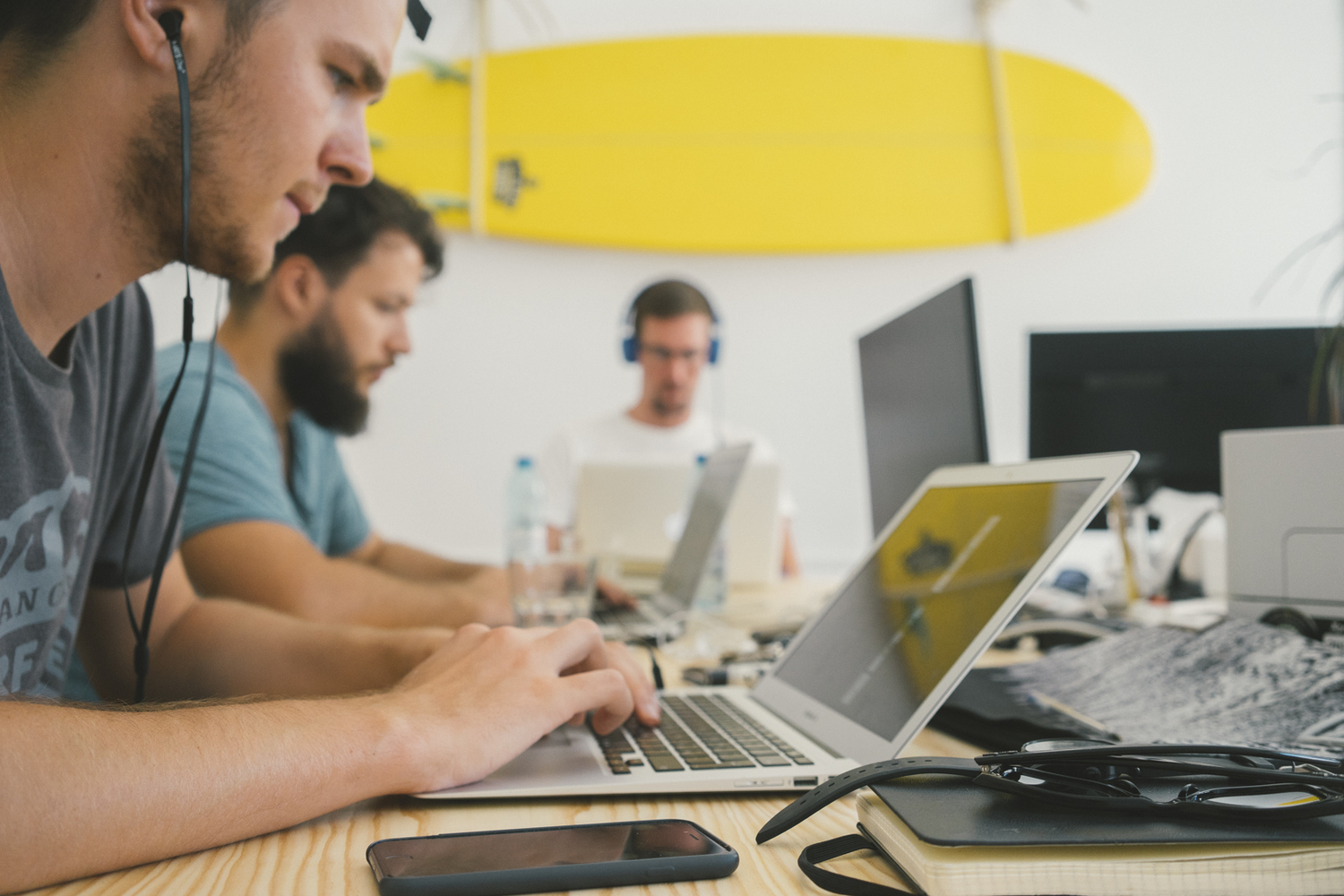
“I guess the most attractive thing about Surf Office is the community and the lifestyle behind the concept,” explains founder Peter Fabor. “You come to a new place where you meet like-minded people, have dinner with them or surf.”
The ethos is simple: make visitors happy so they can achieve more. And with houses in Santa Cruz, Gran Canaria and most recently Lisbon, Surf Office is blazing a trail for co-working holidays, be they for a freelancer or a start-up.
“For our body and mind it is much more pleasant to divide a day into work and leisure time blocks. For instance, after 3 hours of work you do some sport or have a long walk,” says Fabor. “You work the same number of hours but you’re more productive and happier.”
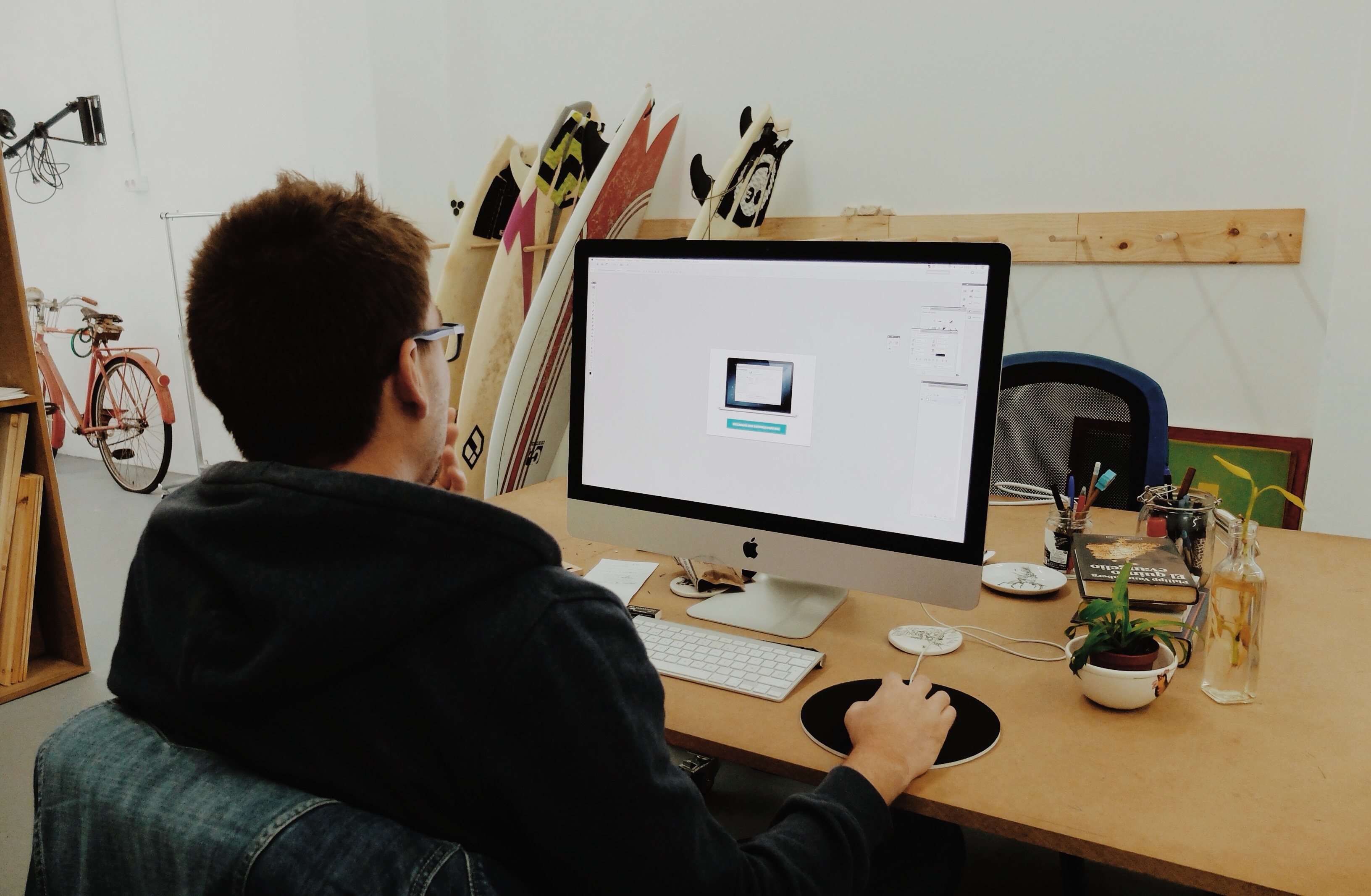
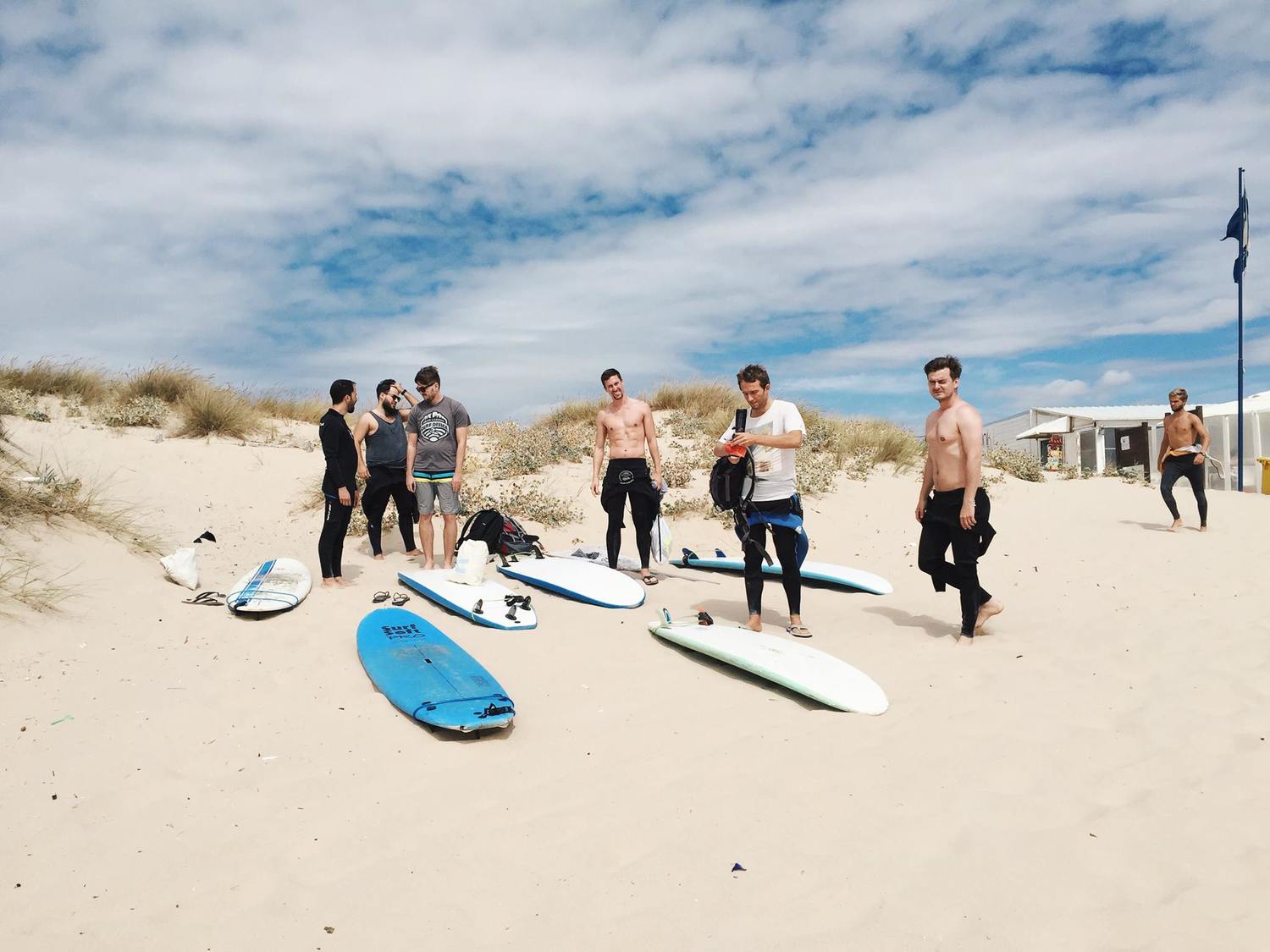
Nomad House
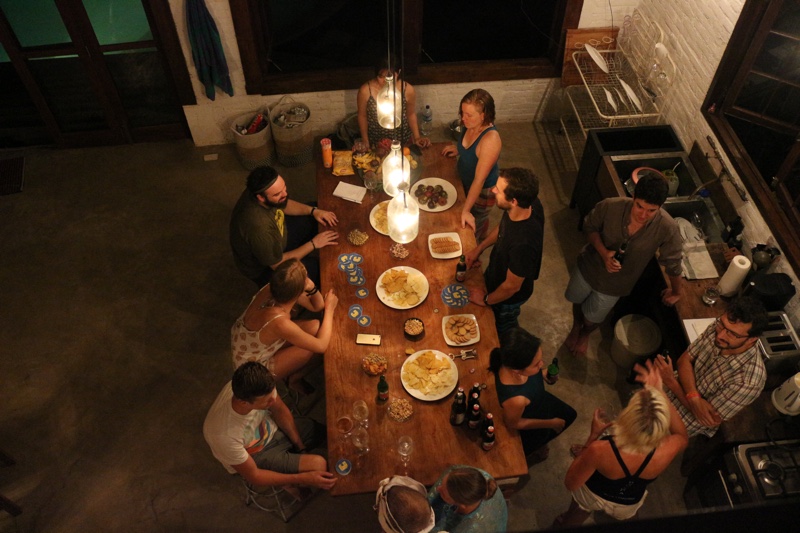
“We are 100% focused on communities,” says Arthur Itey, founder of Nomad House, explaining the principle behind his brand. “We believe that this is how travel will evolve.”
Itey started Nomad House in February this year with the hope that the company will become a low-cost network of houses around the world for digital nomads to live and work in. The first Nomad House is in Ubud, Bali. But there are plans to open more in Berlin, London, Bangkok, and Chiang Mai. Itey wants the Nomad House model to develop to the point where anyone can set up their own co-living house as long as it adheres to a certain set of requirements.
Members can pay a monthly fee, which includes accommodation, amenities, and – perhaps most importantly – social activities, like monthly meet-ups with local startup communities. “The next generation no longer want a mega- corporation job for the next 20 years,” he says. “We hate commitment. For us commitment sounds like our life is already done.”
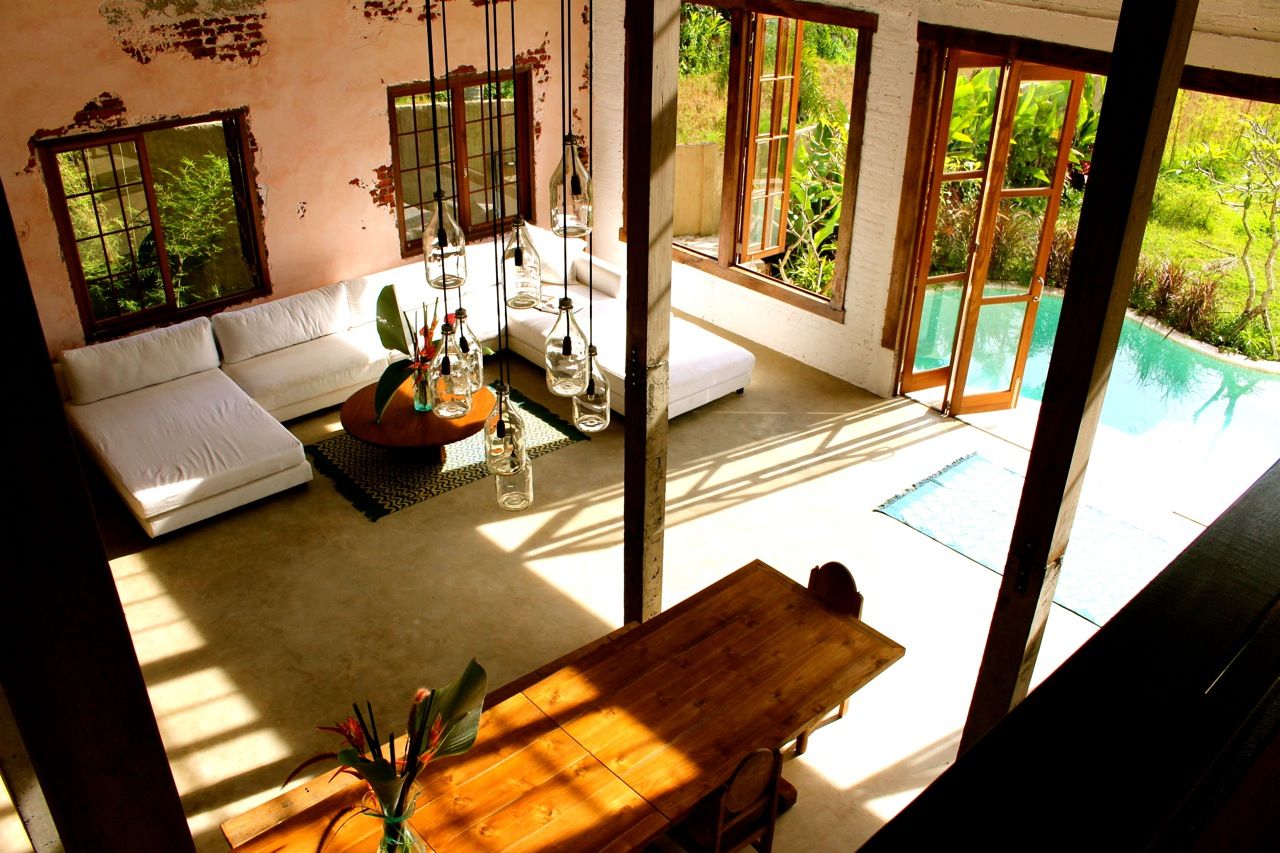
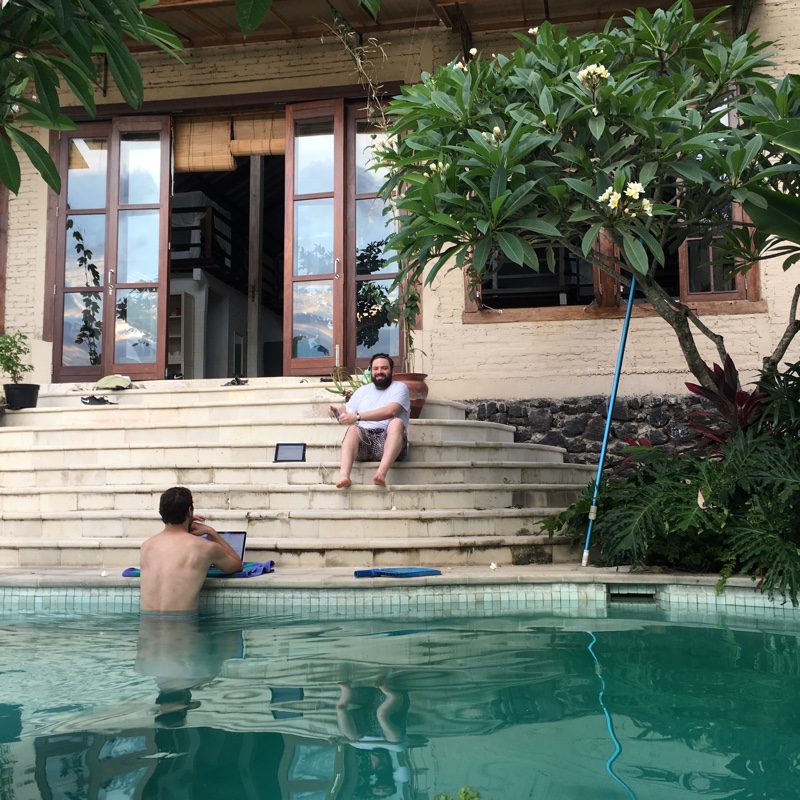
Zoku
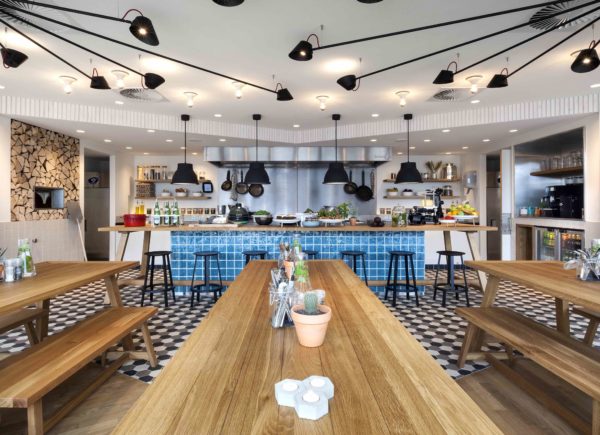
Based in Amsterdam, Zoku classes itself as a neighbourhood for global nomads. The hotel offers lofts designed by Dutch studio Concrete, with features that are adaptable to their user’s needs – from an elevated sleeping area to a sliding door hiding a fully equipped kitchen.
“As boundaries between living and working are fading, home-office spaces are a logical next step,” explain Hans Meyer and Marc Jongerius co- founders of the brand. “Zoku is a multi-functional option where you can find everything you need to live comfortably and work efficiently.”
Zoku’s staff also organise small events, workshops and gatherings around social and business themes, as well as inviting guest speakers to talk on a range of topics. There’s even an app that allows neighbours to talk, arrange meetings, and explore what’s happening in Amsterdam.
“We’re focused on actively providing global nomads with a local social life,” say Meyer and Jongerius. “Living comfortably, working efficiently, meeting like-minded people, getting connected to local networks, and eliminating ‘dead time’ is important to them.”
